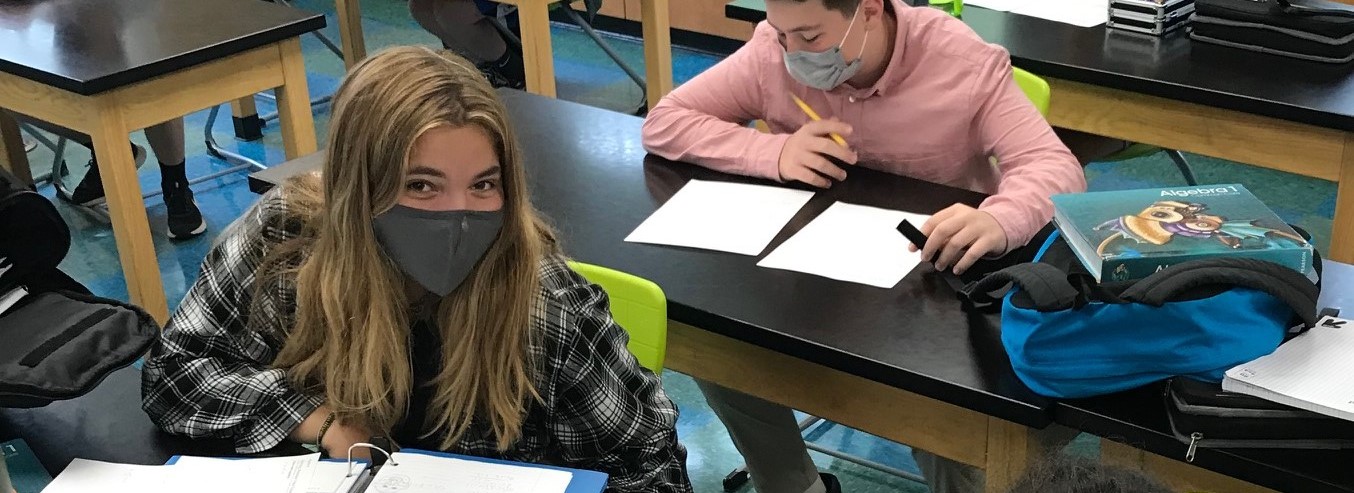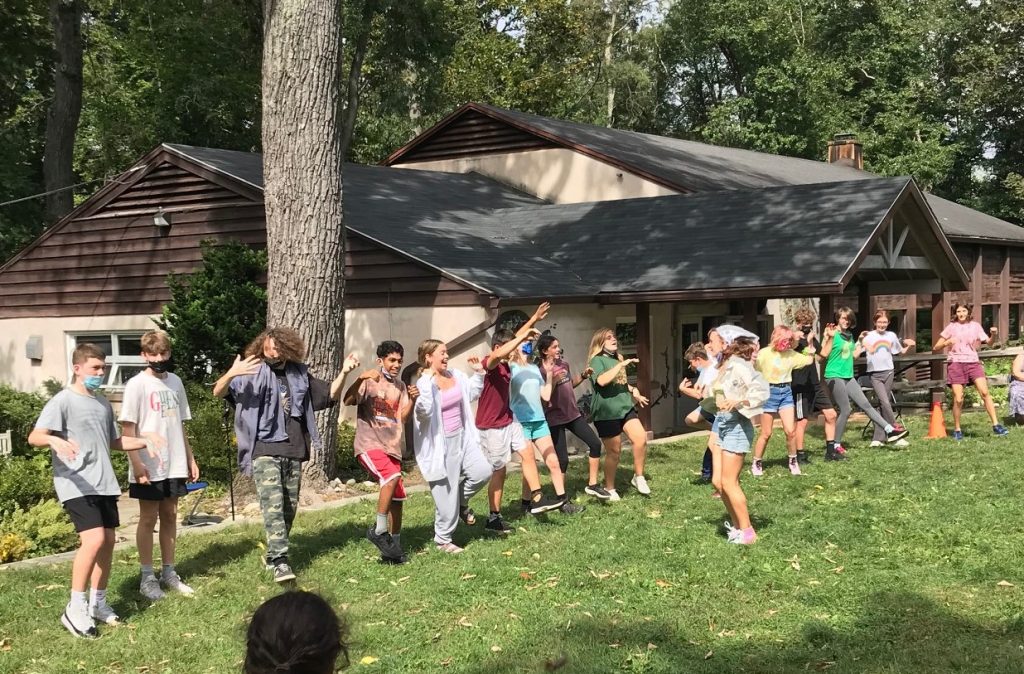
I’ve been enjoying observing our Upper School students as the year gets underway this fall. We are all appreciating the opportunity to reflect on the goodness we see in them, their current challenges, and their future promise. It is especially gratifying to witness our Eighth Graders as they settle into their culminating, “senior” year prepared to assume a leadership role in our community.
The following reflections about upper school children were compiled by colleagues over the years to help parents with understanding children and this developmental stage. All are meant to offer insights about children, to encourage parents to seek guidance and support in raising their children, and to promote empathy during these years of individuation, change, and brain development.
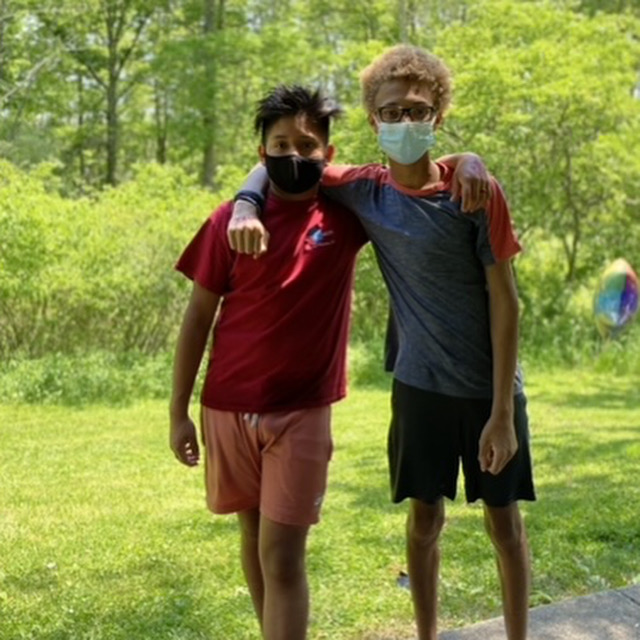
Upper school children are eager to be more independent, especially when it comes to decision-making. The more they’re given opportunities to make “safe” decisions now, the easier it will be for them when they have to make “tougher” decisions down the road.
They can be incredibly mature thinkers and responsible kids, yet incredibly self-absorbed at the same time.
They want independence, but clarity about what they can and can’t do. They feel safest when adults give them clear boundaries, yet will complain about the boundaries endlessly. (They don’t actually want us to give in.) They want to be simultaneously treated like adults, but without the consequences of that responsibility. They need us to listen to them and to explain to them why we made the decision we made. (They don’t necessarily need us to change our minds based on their argument.)
Upper school children need to move and change activities often. Idleness is a recipe for disaster.
Upper school children have just begun to learn more about the social awareness and sensitivity they will need to navigate these years. They absolutely need our guidance. Don’t assume they know how to manage the complexities of being 11-14 years old.
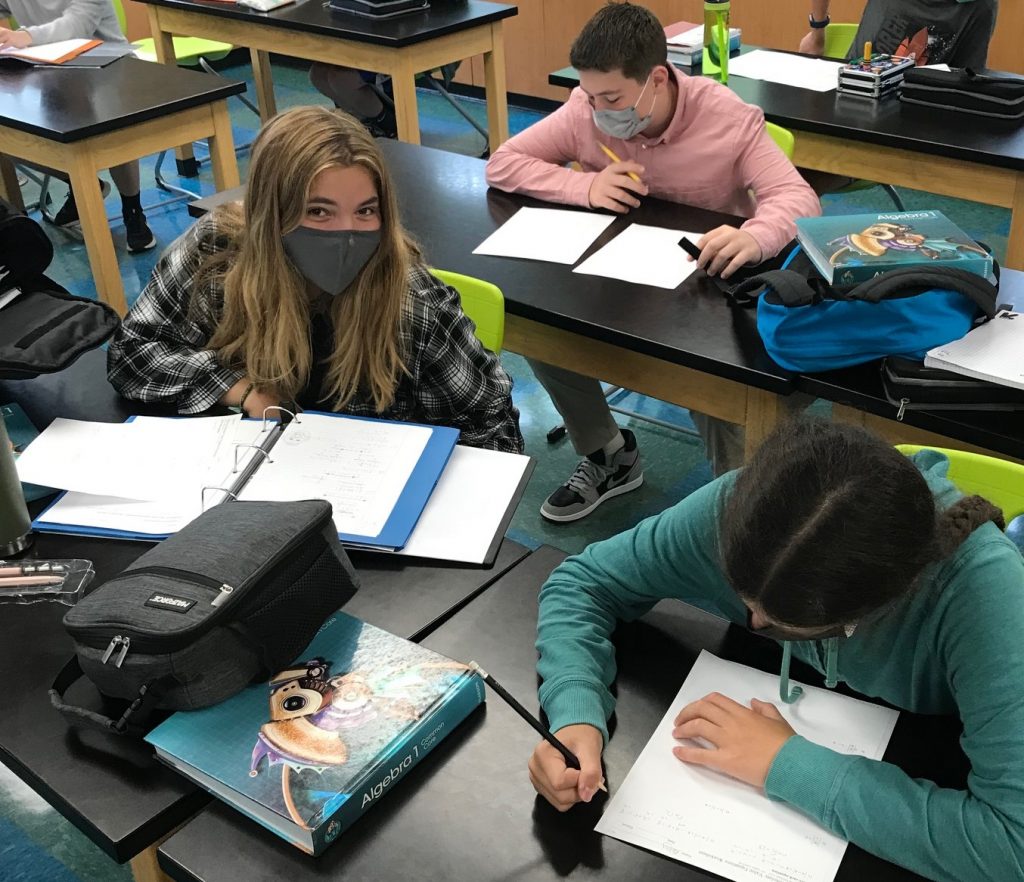
Upper school children are “unfairness” experts. The injustice doesn’t need to be directly related to their lives for them to argue about it.
Upper school children are both funny and very forgiving. Laughter is the best medicine for Upper school kids. Help them laugh at themselves.
Upper school children are apt to think only in the moment and not plan for the future.
Upper school students will claim that they don’t have any homework; they JUST have to read chapter 6 or study for a test.
When a teacher speaks with an Upper school student about talking in class, they will often respond, “I wasn’t talking, I was just telling (insert name here) about….”
When an Upper school student says, “This is stupid!” he or she actually means, “I don’t understand, will you help me?”
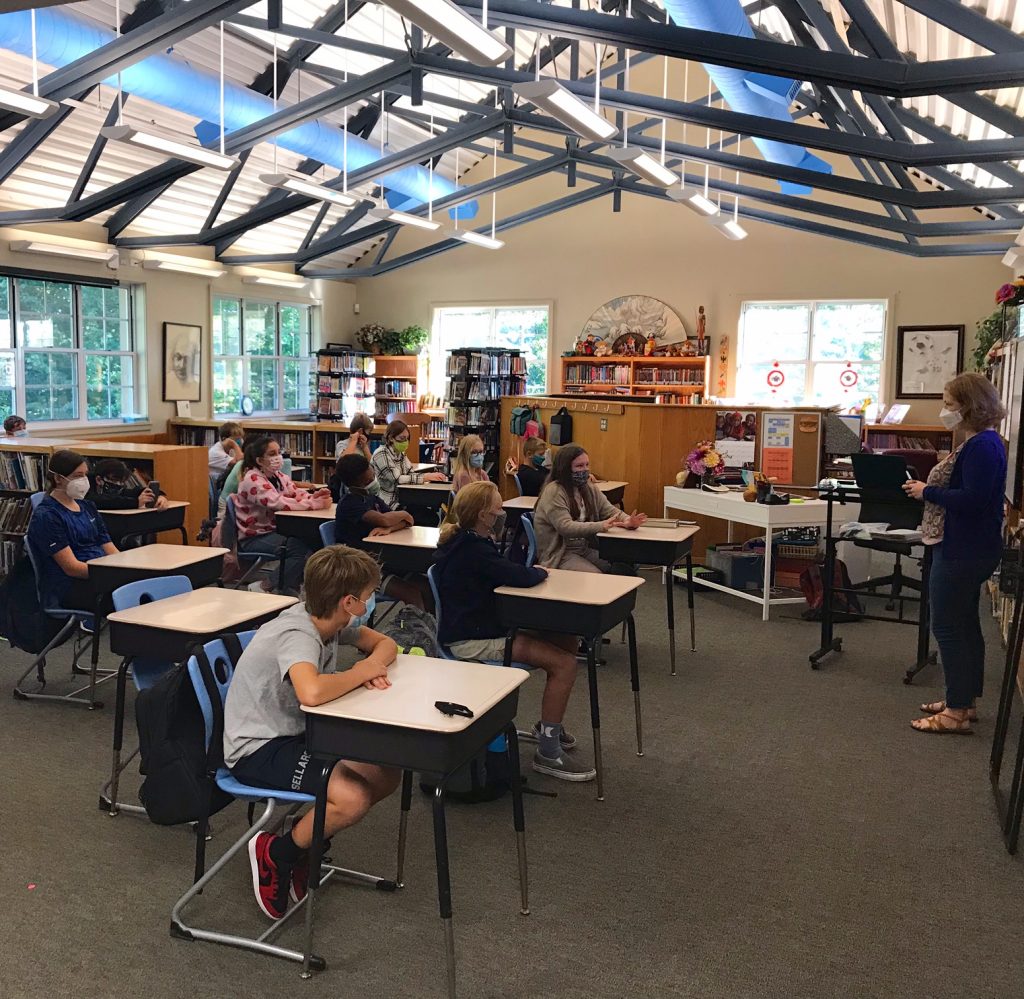
Upper school children can hold it all together during the school day, and be absolutely miserable at home. Most often they take their frustration out on their parents. We’ll let you know if they are acting up at school.
Upper school children have trouble locating their own items in a “Lost and Found” bin and are at times astonished that their name appears in a sweatshirt, jacket or book.
A week in Upper school is equivalent to a year and a half in grown up years. It’s very difficult for them to remember details about things that happened a week ago. Their memory is even worse when they’ve done something embarrassing.
After literally months of reminders to show work on math problems, Upper school students will often say, “Oh, did you want me to show the work?”
The threat of jeopardizing a friendship overpowers all decision-making processes. Most Upper school students will protect their friendship in all situations even if they know that what their friends are doing is morally and ethically wrong.
Upper school children have blinders on. They don’t see peripherally well at all. When they pass you in the hall and don’t say hello, they may not have even seen you.
“Act First, Think Later”: In the moment, Upper school students are often quite blind to how their actions affect others. But they are almost always sorry afterwards.
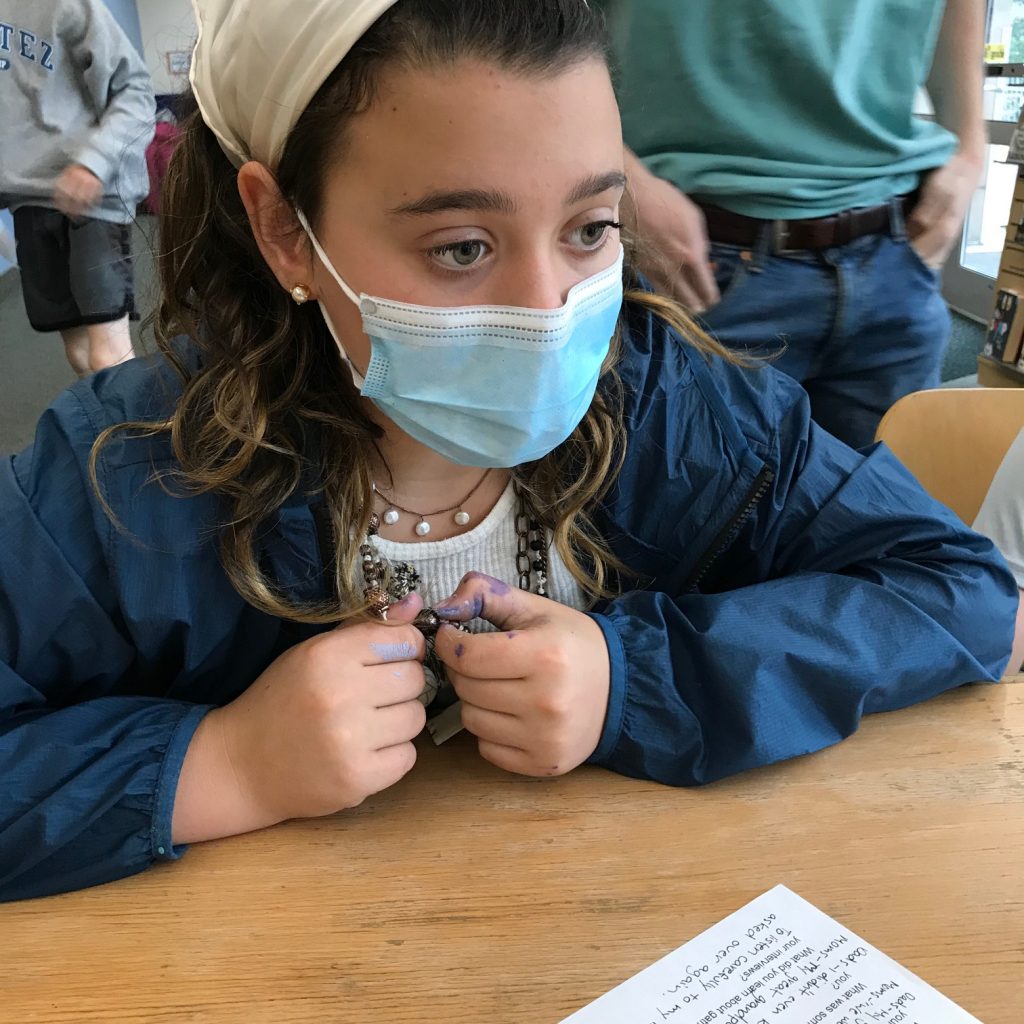
Upper school students need to be thanked for even the most ordinary tasks. They need and thrive on the recognition.
Upper school children will ignore their parents in public. Don’t take it too personally. If you can get a hug, take it. You’ll get them again, but there may be a few years of interruption.
Physical growth in Upper school is inevitable. Upper school students feel self-conscious when they do grow and when they don’t.
All children make mistakes. Upper school children make 10 times as many as the normal child. Be by their side, but please let them fall down. Even the most perfect child makes mistakes.
Your kids are watching everything you do. How you react to school situations and your home life will be reflected in how they react.
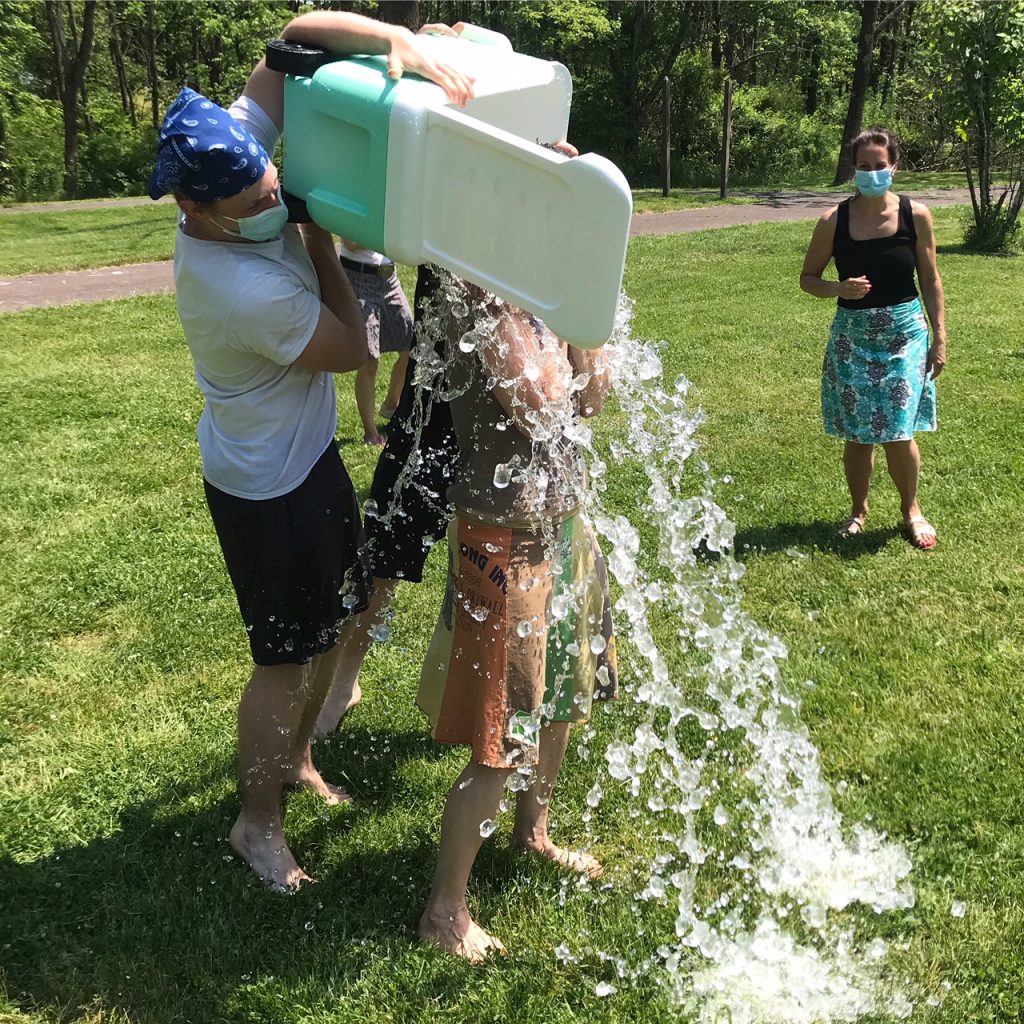
It’s harder to be an Upper school child than anything else. Commiserate and reassure them that this too shall pass. Take the time to honestly remember yourself at this age (even the times you’ve worked hard to forget) — and it’s gotten harder since then.
Upper school children will be very different people in June than they were in September.

